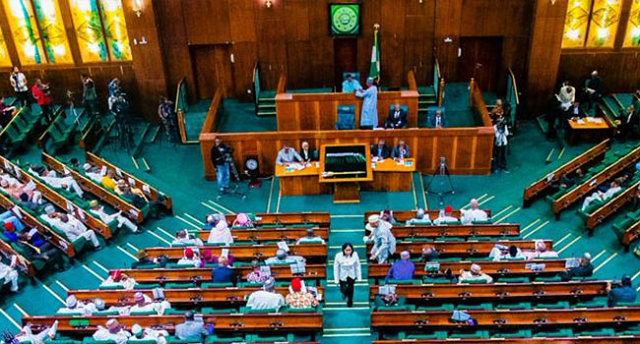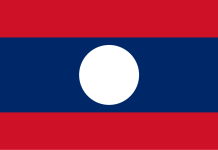The House of Representatives Public Accounts Committee has summoned the Central Bank of Nigeria (CBN) and eleven electricity distribution companies (DISCOs) to testify about the alleged mismanagement of the US$321 million and N18.2 billion loans. Projects involving lines, substations, and accelerated transmission and distribution interfaces were to be funded.
The committee met in Abuja on Thursday, with Engr. Sule Abdulaziz, Managing Director of Transmission Company of Nigeria (TCN), in attendance. The summons was sent by the head of the committee, Rep. Bamidele Salam. These groups received invitations to speak before the committee on November 8.
A petition alleging financial misappropriation, which had been given to the DISCOs by the CBN at the TCN’s request, served as the impetus for the inquiry.
Salam requested comprehensive information from the recipients about loan disbursements, procurement procedures, DISCO participation in the projects, the projects’ present state, and the loan payback schedule.
Salam emphasized how crucial it is to make sure public institutions follow worldwide best practices, the legislation, and prudent financial management.
In his appearance before the Committee, Abdulaziz made it clear that the money was sent straight to the DISCOs by the CBN for the implementation of several projects, with the goal of leveraging TCN’s earnings to pay back the loans. Nevertheless, the committee is not entirely comfortable with this repayment plan.
He explained that there was a gap in the electricity sector, leading to complaints from distribution companies regarding the inadequate supply from TCN.
He said, consequently, the need arose to invest in critical projects to enhance the distribution of electricity to Nigerians.
According to him, the Financial institutions and regulatory bodies, such as CBN and NERC, were involved in the financing and oversight of these projects.
He said the TCN played a beneficiary role, while the DISCOs were responsible for executing the projects. He added that loan repayments were intended to come from TCN’s revenue, amortized on a monthly basis.













